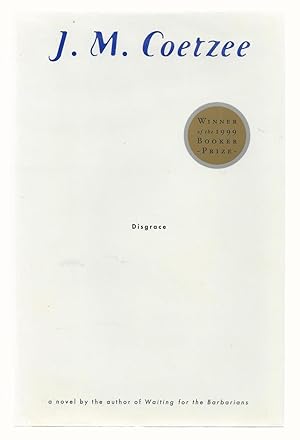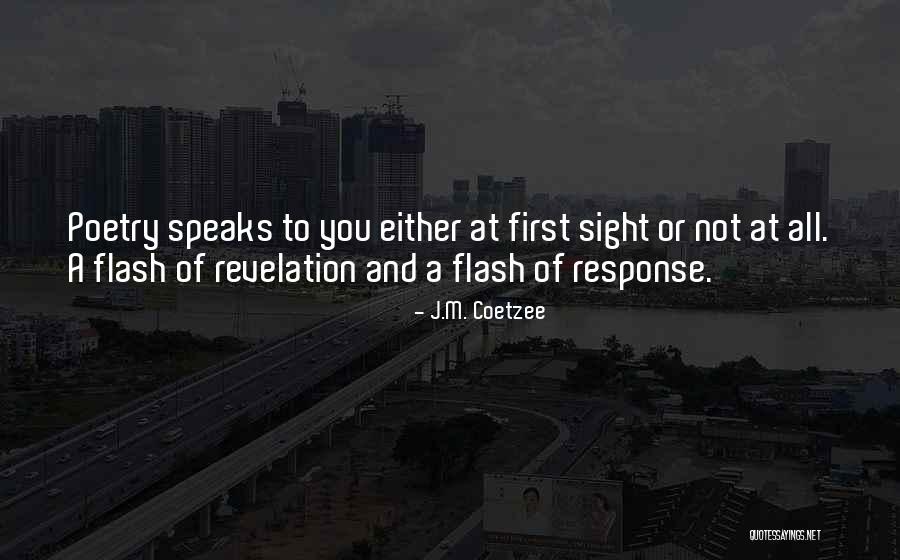


I have no doubt there are autobiographical elements to Disgrace too, and I know he speaks directly to those of us similarly aged and privileged as David appears to be in the book.The body, Fetishism, J M Coetzee, Disgrace, South Africa AbstractĮvery writer fetishises with some themes that is to say, some writers pay excessive devotion to certain thematic preoccupations and these are seemingly recurrent in the course of an author's writing which eventual becomes his fetish. I’d previously read just one of Coetzee’s works, his thinly disguised memoir of adolescence, Boyhood, and in some ways the themes there are taken into later adulthood with Disgrace.

I don’t think I’m going overboard when I describe this as a ‘masterpiece’. The narration prods and embarrasses the reader into glancing at the mirror to check for signs of the flaws being portrayed. I find myself humbled by writing as eloquent as this. Coetzee, as I’m sure a more scholarly reviewer would better explain, seems to parallel South Africa’s attempts at truth and reconciliation with David’s lived experience. As I have said, this is both awkward and shameful in its telling. He believes that it is alright to have women slot into his life, purely to fulfil his desires. There is a brutal honesty about a middle aged white man believing that he “…has, to his mind, solved the problem of sex rather well.” He hasn’t of course, as becomes apparent early on. David struggles to understand Lucy’s acceptance of what happens (without giving anything away) and he has an undercurrent of shame which just adds to the disgrace of the book’s title. Not only that, the horrific crime which occurs at Lucy’s farm (as well as the later crime David suffers) is almost expected. Also the assumptions of how the colour of skin determines our status.

The casual disregard for women, which feels almost institutional in the early stages of the novel, for example. I found myself opening up to the realisation that so much in life is just accepted. What Coetzee does so well with this book is blend the personal, intricate details of lives being lived with the deeper issues of class, race and gender as South Africa attempted to prepare for the 21st century. Lucy lives on a countryside smallholding and her lifestyle, as well as the company she keeps, is a startling departure for David. From a position of respect and comfort, Lurie’s life is dismantled and he finds himself seeking refuge with his daughter, Lucy. Coetzee’s direct and pointed narrative exposes the main character’s weaknesses and his traits as the whole episode unravels. David Lurie, a twice divorced teacher at the Technical University of Cape Town has a compulsive affair with a student.


 0 kommentar(er)
0 kommentar(er)
